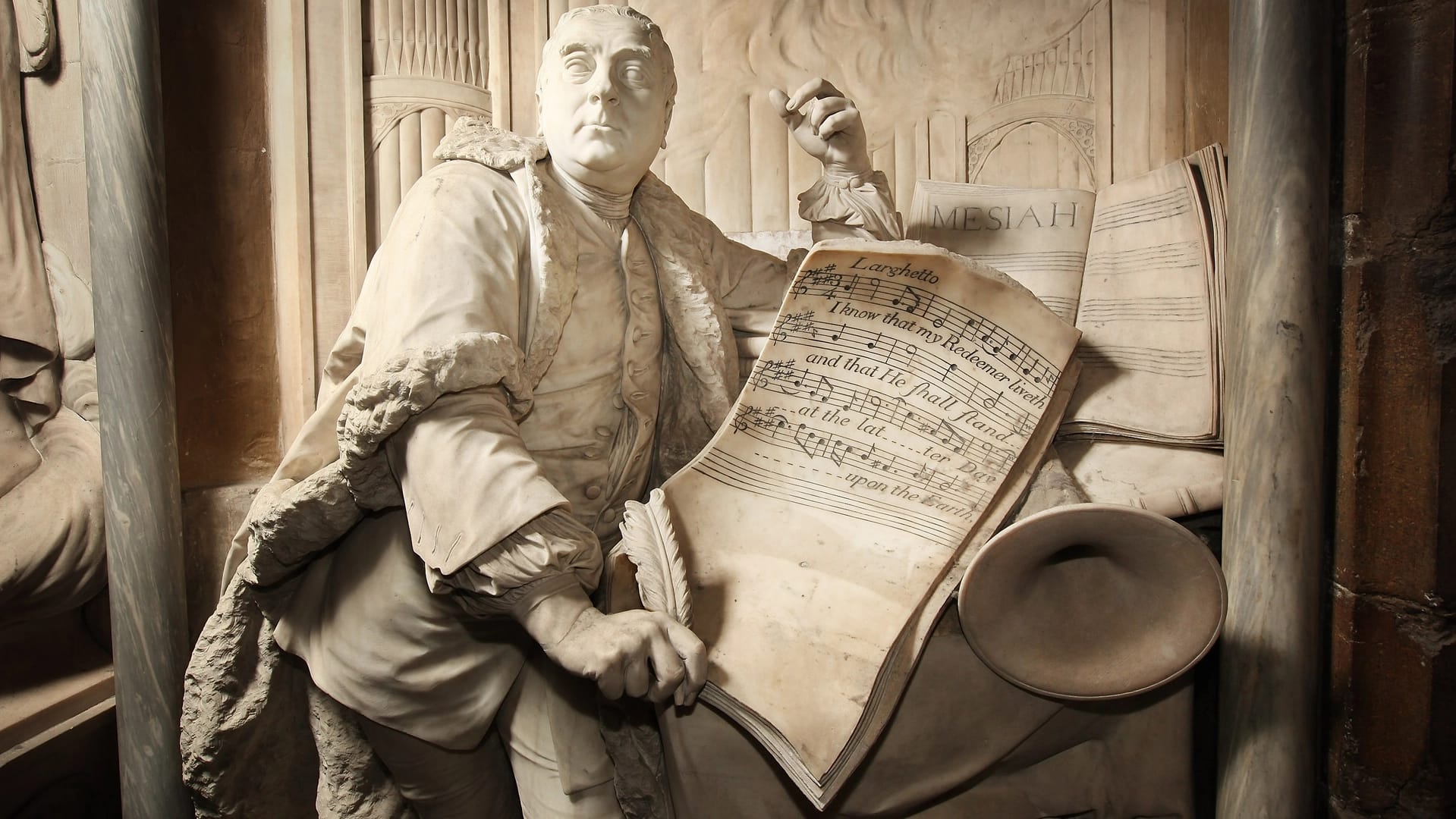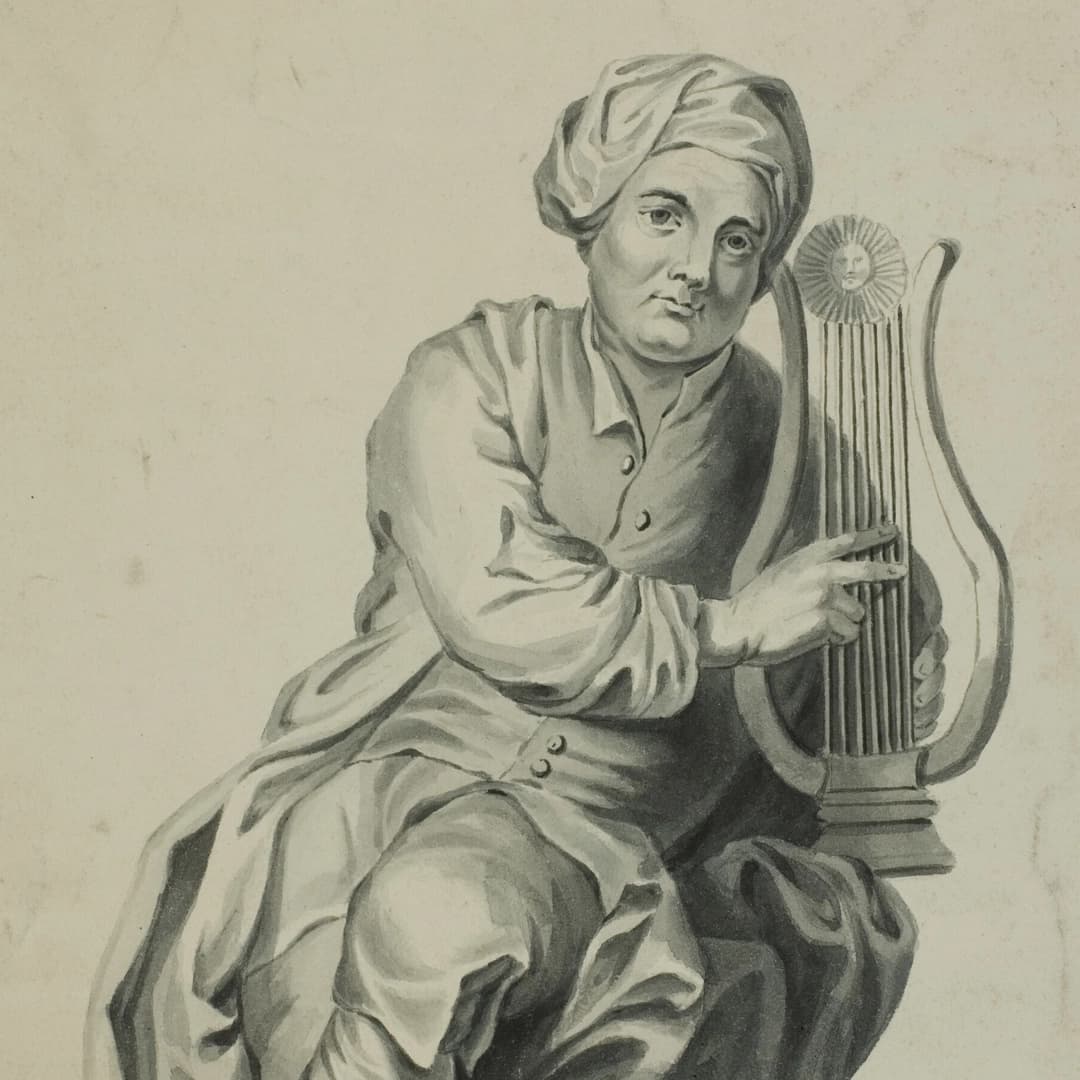
articles / Saturday Morning Car Tunes
Saturday Morning Car Tunes: George Frideric Handel, Pt. II
Peter Macdiarmid/Getty Images

Heritage Images/Getty Images
Listen to the episode!
What’s an oratorio again? Whatever it is, Handel invented the English version. And English wasn’t even his first language!
Howdy, howdy, howdy! I’m Solomon Reynolds, and this is: Saturday Morning Car Tunes! This morning…
Handel invented the English oratorio in 1718. It was like an opera with a Bible story, but the singers didn’t act or wear costumes. His oratorios were performed during Lent, the season between winter and spring. Handel’s first English oratorio was Esther.
His oratorios usually started with a French overture—a slow opening with a faster second section. This overture for Deborah uses music that shows up later in the work.
Athalia was his first oratorio to include organ concertos, another genre he invented and played himself during the breaks. All at once, Handel could show off as a composer and performer.
With Saul, Handel added orchestral music between the singing to show that something was happening in the story.
Israel in Egypt is all about the chorus.
Messiah became the most famous and most frequently performed oratorio in the world.
During Handel’s life, only two other oratorios were as popular as Messiah. This is from one of them, Samson. How does this tenor aria make you feel?
The other was Judas Maccabaeus, which was so famous, Beethoven even wrote variations on this chorus, “See, the Conqu'ring Hero Comes!”
This sinfonia, “The Arrival of the Queen of Sheba” from Handel’s oratorio Solomon, is often played at weddings today.
While Handel was working on his last oratorio, Jephtha, his eyesight started failing, and he eventually went blind. After his death, a friend remembered him as someone who lived with strong values and kindness. Handel spent his life writing sacred oratorios driven by his deep devotion. It wasn’t until recently, with recordings and broadcasts, that people fully appreciated Handel’s vision for the oratorio.
I’m Solomon Reynolds. I write and produce Saturday Morning Car Tunes, with research assistant Carolina Correa and audio engineer Stephen Page, only on Classical California. Tune in—or out of your car—next Saturday morning!





